One in every five U.S. adults lives with a mental health condition. And even more, in fact, practically everyone has experienced extreme stress at one point in their lives.
Even though mental health struggles and stress are exceedingly common, many people can’t answer these 15 questions about them.
1. What is anxiety?

- A) A feeling of unease, such as worry or fear, that can be mild or severe
- B) Mood swings from extreme joy to despair in one day
- C) Persistent feelings of sadness and melancholy
- D) None of the above
Answer:
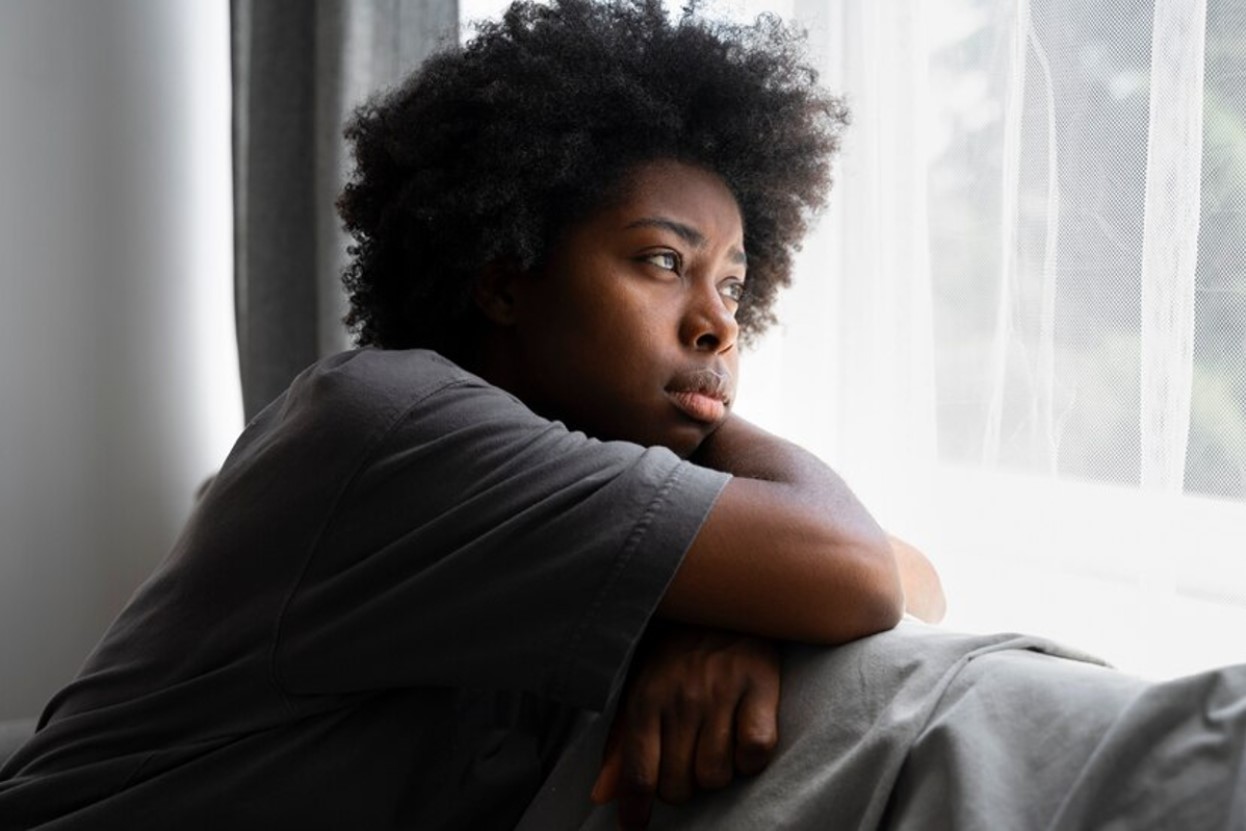
A feeling of unease, such as worry or fear, that can be mild or severe
2. How many American adults have an anxiety disorder?

- A) 10 million
- B) 25 million
- C) 40 million
- D) 100 million
Answer:

40 million
3. Which of the following is not a sign of stress in the body?
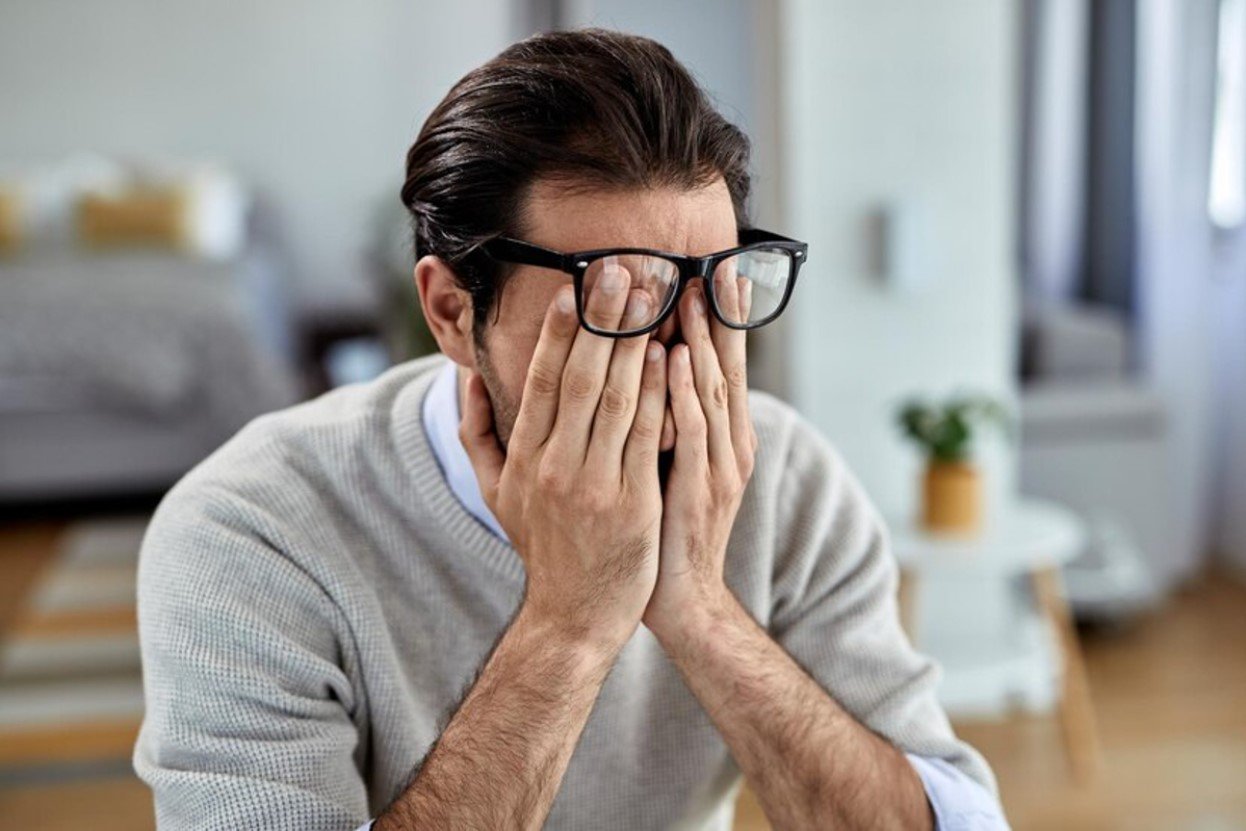
- A) Changes in appetite
- B) Irritability
- C) Difficulty concentrating
- D) Heightened focus
Answer:

Heightened focus
4. Which two hormones are released when the body is stressed?

- A) Serotonin and progesterone
- B) Adrenaline and cortisol
- C) Adrenaline and serotonin
- D) Cortisol and estrogen
Answer:
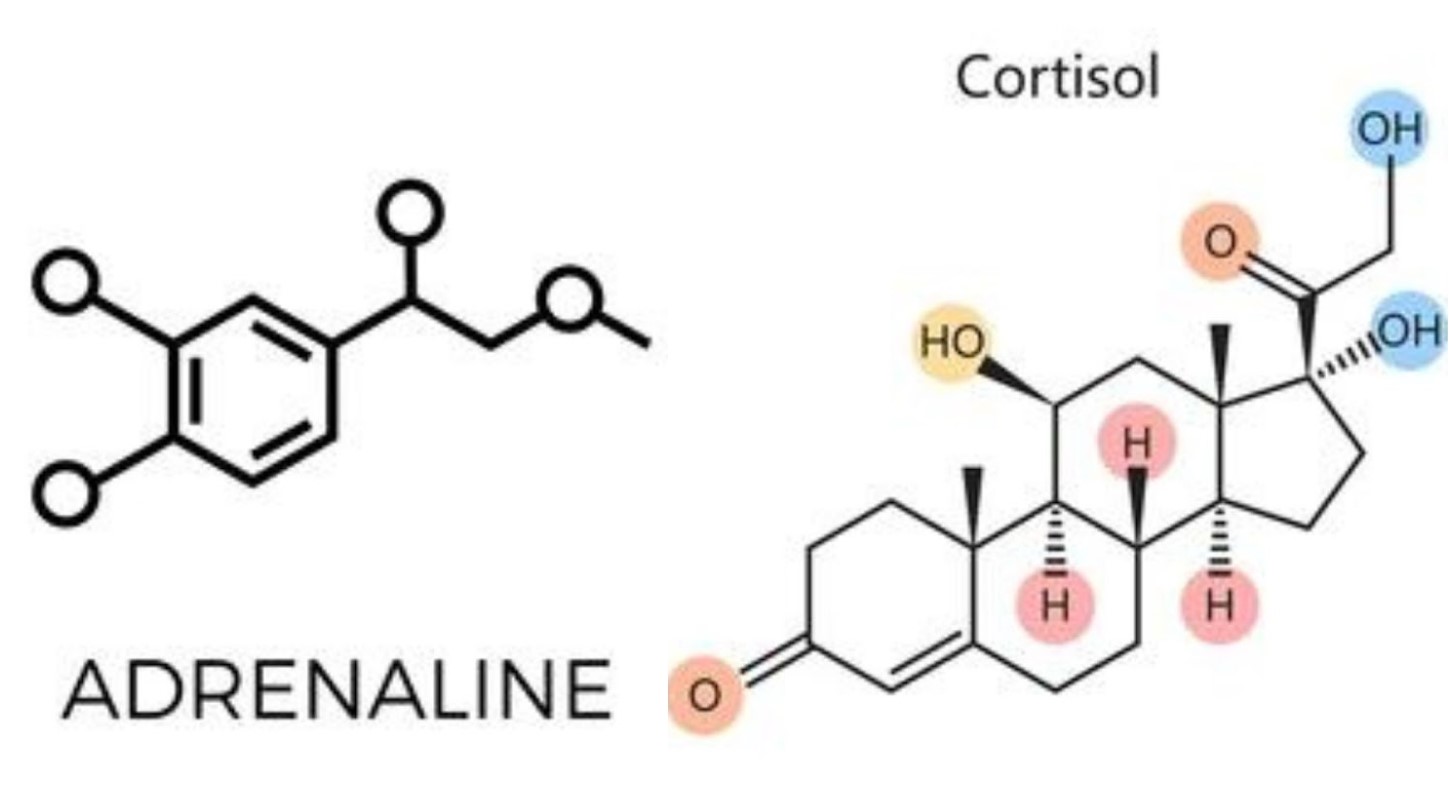
Adrenaline and cortisol
5. How does stress affect sleep?
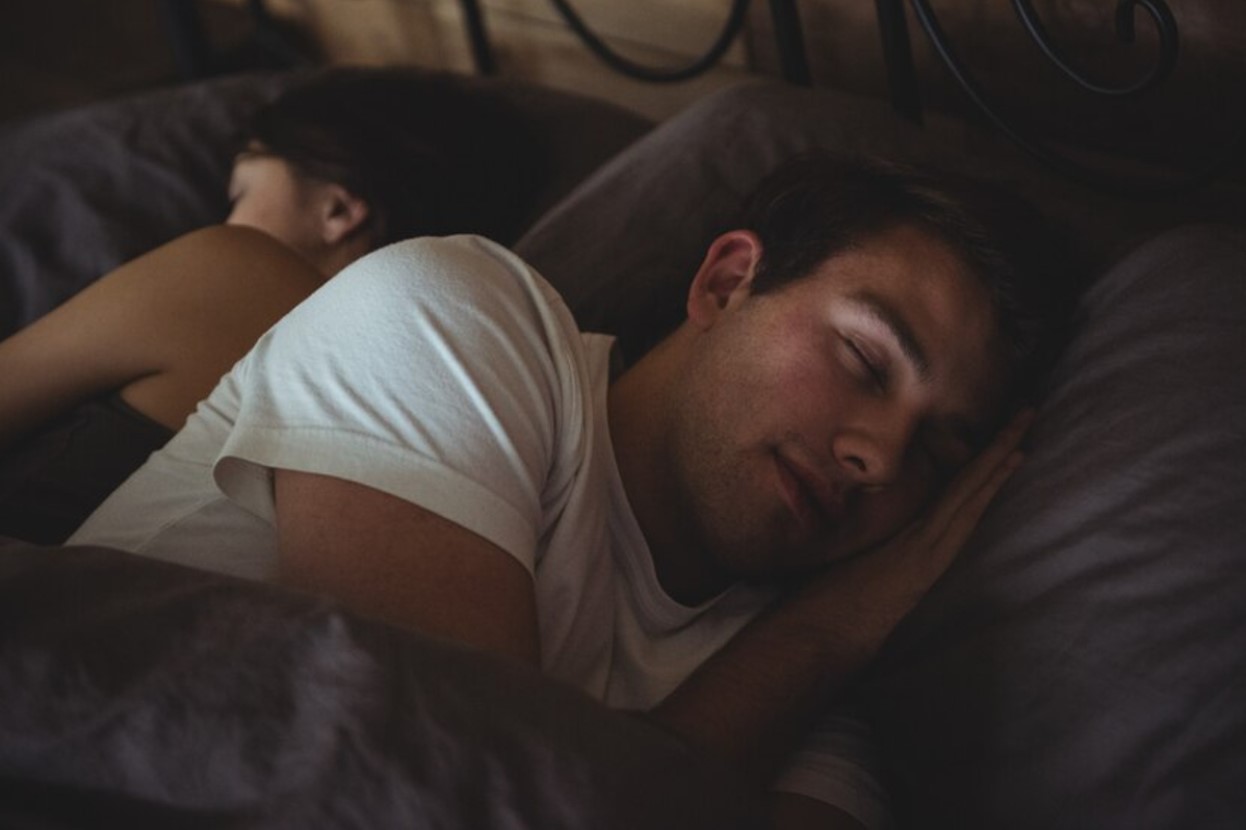
- A) It can prevent you from falling asleep
- B) It can make you tired during the day
- C) It can cause tossing and turning in your sleep
- D) All of the above
Answer:

All of the above
6. Which of the following is not a way to reduce stress?

- A) Drink a cup of coffee
- B) Connect with loved ones
- C) Exercise
- D) Take deep, slow breaths
Answer:

Drink a cup of coffee
7. Doctors say that parents should be concerned if their children’s behavior changes and remains consistently different for …
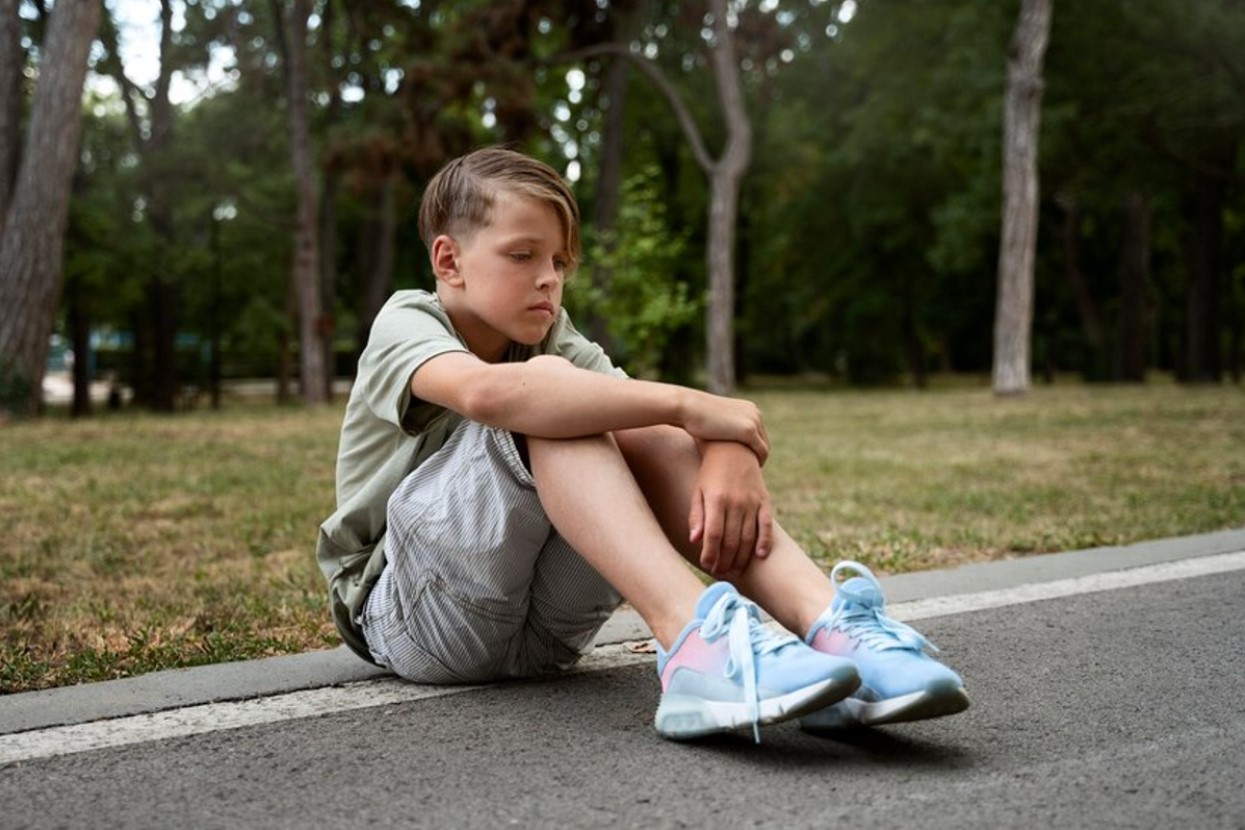
- A) 24 hours
- B) 1 week
- C) 2 weeks
- D) 1 month
Answer:

2 weeks
8. What is postpartum depression?
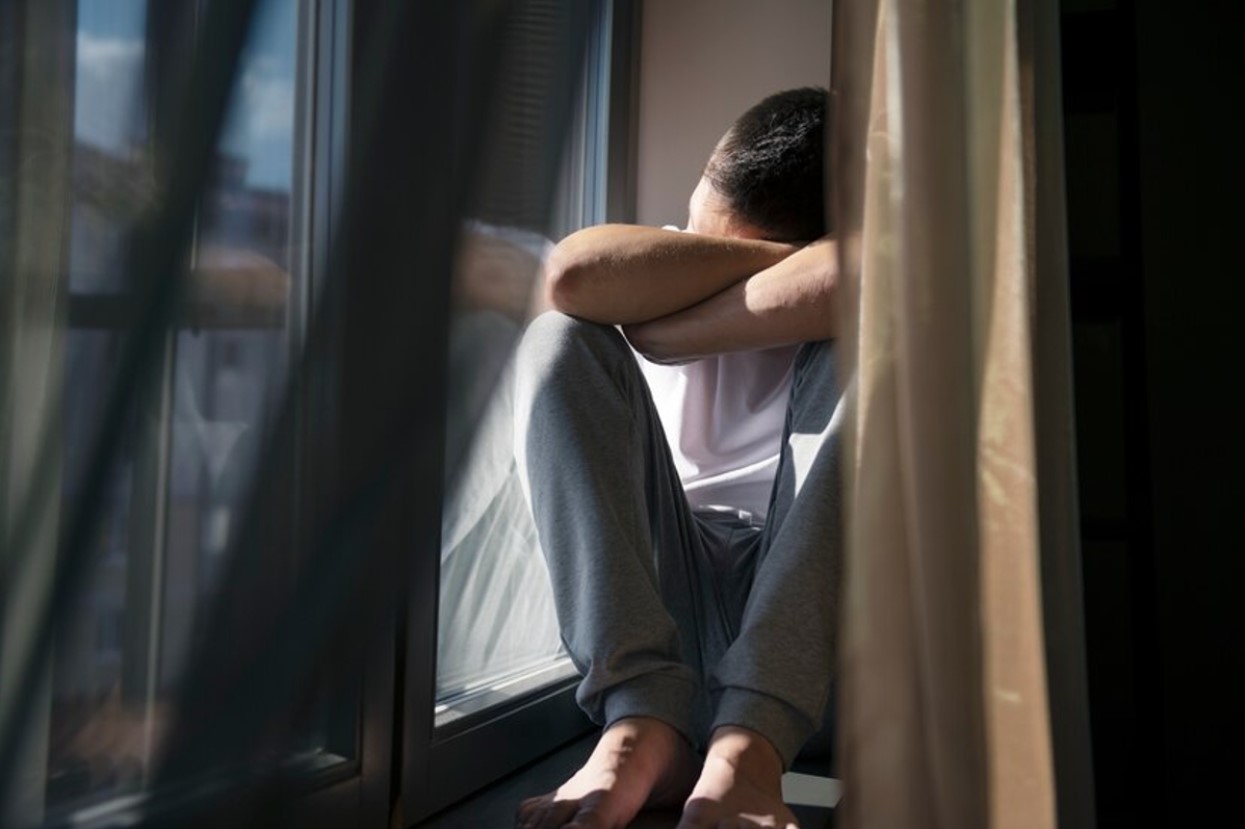
- A) Depression that occurs in children 2 to 5 years old
- B) Depression that occurs in women after giving birth
- C) Depression that occurs after a physical trauma
- D) None of the above
Answer:

Depression that occurs in women after giving birth
9. What was bipolar disorder once called?
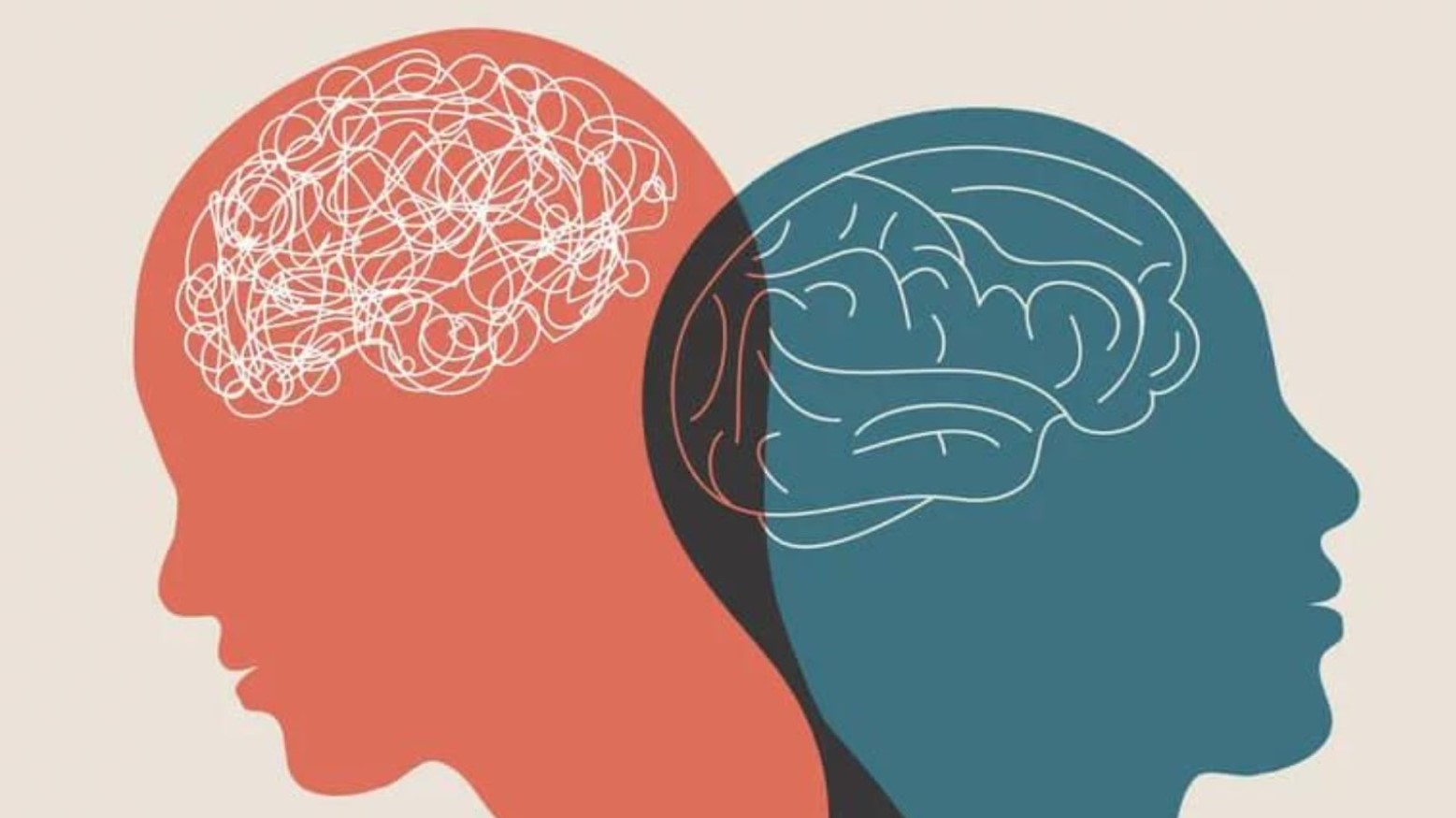
- A) Manic depression
- B) Day-to-day depression
- C) Schizophrenia
- D) Bi-person depression
Answer:
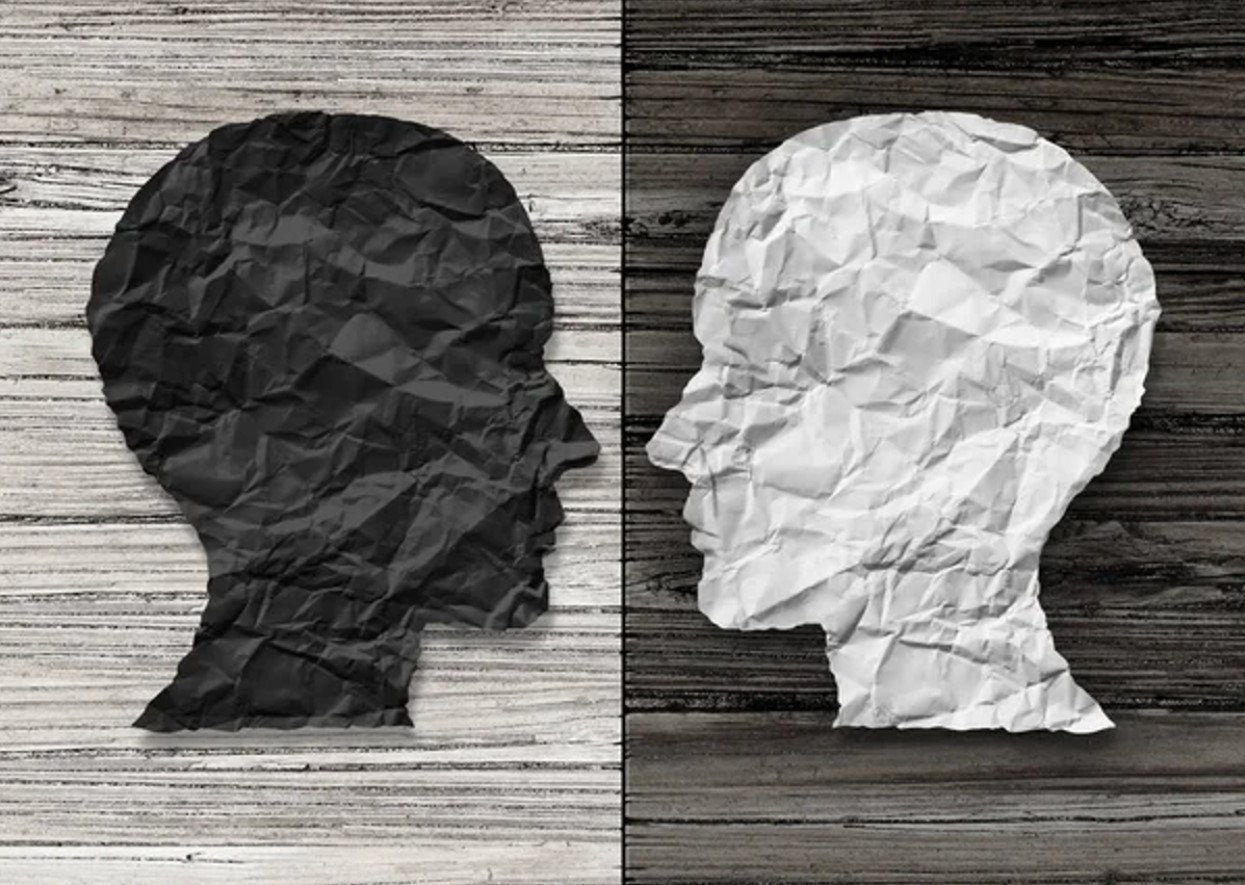
Manic depression
10. The definition of schizophrenia is …

- A) A mental condition involving a breakdown in the relation between thought, emotion, and behavior
- B) A disorder characterized by the presence of two or more distinct personality states
- C) A chronic condition including attention difficulty, hyperactivity, and impulsiveness
- D) Schizophrenia is not a real condition
Answer:

A mental condition involving a breakdown in the relation between thought, emotion, and behavior
11. Members of the LGBTQ+ community are ____ more likely to experience a mental health condition such as depression or anxiety.

- A) 3 times
- B) 5 times
- C) 10 times
- D) They are not more likely
Answer:

3 times
12. More than one in four adults living with serious mental illness also struggles with …

- A) Physical violence
- B) Eating disorder
- C) Unemployment
- D) Substance abuse
Answer:

Substance abuse
13. What is the definition of the mental health condition known as bulimia?

- A) An eating disorder characterized by regular, often secretive bouts of overeating followed by self-induced vomiting or purging
- B) An eating disorder characterized by severely restricting one’s diet
- C) An eating disorder characterized by exercising excessively
- D) An eating disorder characterized by overeating to the point of pain
Answer:

An eating disorder characterized by regular, often secretive bouts of overeating followed by self-induced vomiting or purging
14. Why do some people experience mental wellness issues and others don’t?

- A) Life experiences
- B) Genetics
- C) Physical injury
- D) All of the above
Answer:

All of the above
15. What is the difference between a therapist and a psychologist?

- A) A therapist helps people with depression, whereas a psychologist helps people with anxiety
- B) A therapist does not have a doctoral degree, whereas a psychologist does
- C) A therapist is not qualified to care for people with mental wellness issues, whereas a psychologist can
- D) There is no difference
Answer:

A therapist does not have a doctoral degree, whereas a psychologist does








































